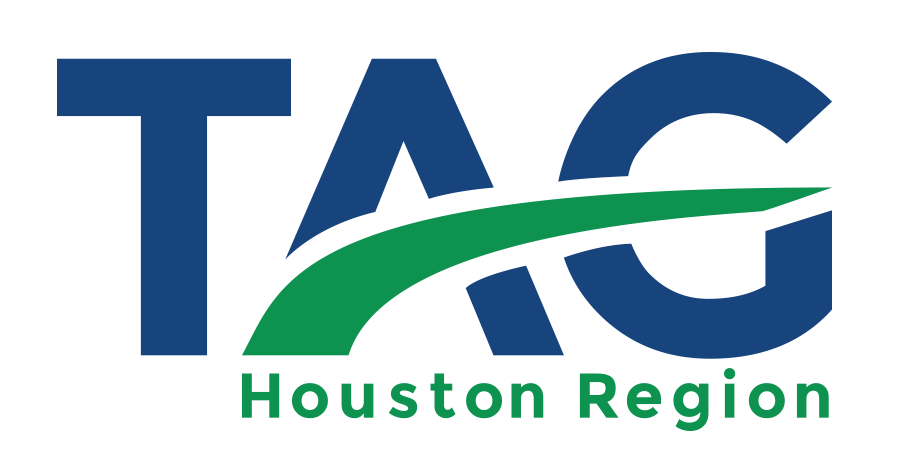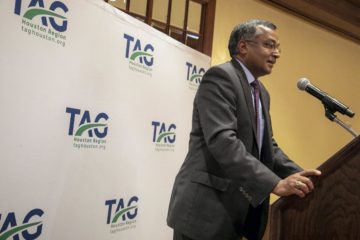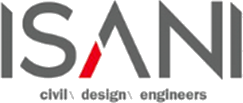Texas House Speaker Phelan Releases Transportation Interim Charges
Earlier today Texas House of Representatives Speaker Dade Phelan released the official list of interim charges. Below are the charges specifically focused on transportation. TAG is proud to have provided input on many of these issues and we look forward to providing more legislative updates as we march towards the 2023 session.
Committee on Transportation
Monitor the agencies and programs under the Committee’s jurisdiction and oversee the implementation of relevant legislation passed by the 87th Legislature. Conduct active oversight of all associated rulemaking and other governmental actions taken to ensure the intended legislative outcome of all legislation, including the following:
- HB 2219, relating to the issuance of Texas Mobility Fund obligations;
- HB 3514, relating to the functions of the Texas Department of Motor Vehicles; and
- HB 3927, relating to temporary motor vehicle tags.
- Complete study of assigned charges related to Texas-Mexico border issued in June 2021.
- Study current and future transportation needs and consider improvements to ensure that Texas is adequately planning for the state’s population growth forecasts.
- Evaluate the impacts of the COVID-19 pandemic on transportation projects and investment decisions.
- Study the impacts that increased federal funding, formula changes, and new programs authorized in the Infrastructure Investment and Jobs Act will have on state transportation projects. Evaluate strategies to ensure Texas communities can maximize receipt of federal grant funds.
- Study the impact of the increasing sale and use of electric and alternatively fueled vehicles on revenue predictions for the state highway fund. Recommend a road use revenue equalization methodology to create fairness and parity between gasoline, electric and alternatively fueled vehicles.
- Study policies impacting truck transportation, a key link in the supply-chain, including utilizing state property and right-of-way for natural gas fueling stations and truck parking, the potential shortage of drivers and sellers of commercial trucks, the shortage of truck parking options to accommodate hours of service regulations, and ways to reduce border crossing wait times.
- Examine regulatory and statutory impediments to connected vehicle and autonomous technologies aimed at improving the safety and efficiency of trucking in Texas.
- Examine the ability of the state’s seaports to promote the public purposes of state economic growth, diversification, and commerce through development of port-owned properties within their boundaries.
- Review the investments needed for Texas ports to remain competitive in handling increased cargo volumes and ensuring a resilient supply chain.







